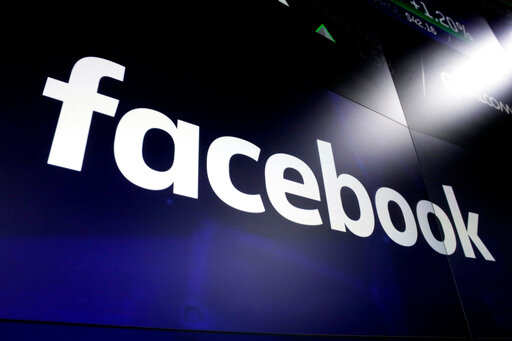
JOHANNESBURG: Facebook and a team of African and global telecom majors have struck a deal to build one of the world's largest subsea cable networks, boosting internet availability across three continents, they said in a joint statement on Thursday.
South Africa's MTN GlobalConnect and Mauritius-based infrastructure provider WIOCC are partners in the project, along with China Mobile International, French telecoms major Orange SA, Saudi Arabia's stc, Telecom Egypt, and Vodafone.
The project, called 2Africa, aims to build 37,000 kilometres of subsea cable infrastructure which will directly connect countries around the African coast to Europe and the Middle East, according to its website.
The network will have a design capacity of up to 150 terabytes per second (Tbps) on key parts of the system, the site said. The 11 new cables rolled out between 2009 and 2016 in sub-Saharan Africa provided around 70 Tbps of design capacity.
Subsea infrastructure provider Alcatel Submarine Networks will build the project, which is expected to be operational by 2023/24, the statement said. The companies did not reveal how much money they were investing.
"2Africa... will interconnect Europe, the Middle East, and 21 landings in 16 countries in Africa," the partners said in the statement.
Subsea cables form the backbone of the internet, carrying 99% of the world's data traffic.
Africa's big economies have a large and fast growing population of internet users, with growth in internet use fuelled by rapidly expanding mobile broadband networks and ever more affordable phones.
However, with a population of 1.3 billion, Africa is still a laggard in internet connectivity, with average internet penetration at around 39% against a world average of 59%.
On completion the subsea network will deliver more than the total combined capacity of all subsea cables serving Africa today, the firms said in the statement.
"Improving connectivity for Africa is a significant step which lays the groundwork for increased digitalisation across the continent," said Vodacom International Business Chief Officer Diego Gutierrez.
Vodacom, which is majority owned by Britain's Vodafone, is South Africa's second biggest telecom player.
No comments:
Post a Comment